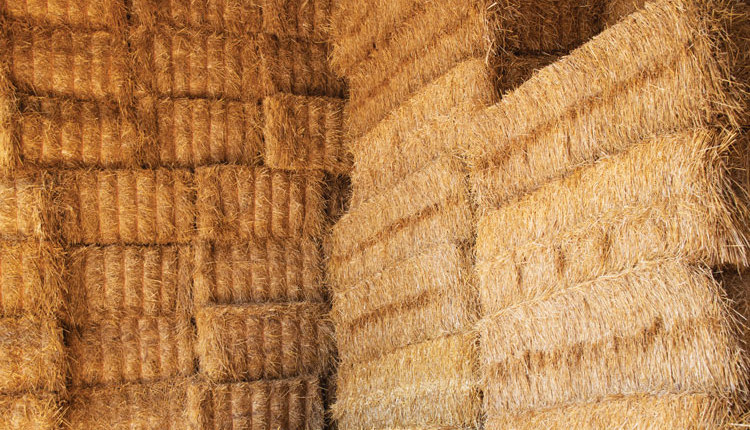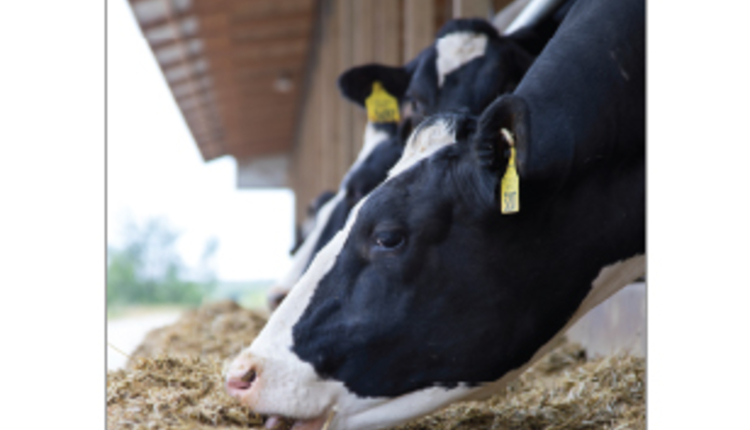Milkfat depression (MFD) has a major economic impact in the dairy industry. “The current train of thought links MFD with the formation of bioactive trans fatty acid intermediates produced from biohydrogenation of unsaturated fatty acids by rumen microbes,” noted Tom Jenkins, Clemson University, at the Ruminant Nutrition Symposium held in Gainesville, Fla. To date, there have been mixed results in the field as to the effectiveness of potassium in restoring the rumen environment.
Biohydrogenation is the addition of hydrogen molecules and breaking of double bonds in an unsaturated fatty acid. This process turns the acid into a saturated acid. Unsaturated fatty acids inhibit the rumen microbe population.
The most potent biohydrogenation intermediates include several conjugated linoleic acids (CLA). “Formation of CLA has been associated with several dietary risk factors including the source and amount of grain, fat, and fiber,” noted Jenkins. His recent studies have shown an improvement in milkfat percentage following the addition of potassium (K) supplements to the diet. “This suggests that K may help the rumen return to normal.”
Trans-10 cis-12 CLA is the fatty acid commonly linked to MFD. “A few grams of trans-10 cis-12 in the rumen, about the amount contained in a sugar packet, can drop milkfat yield. Even this small amount can drop milkfat content 42 percent and reduce fat yield 48 percent.
The first experiment done at Clemson set out to determine if elevated K concentrations in the culture were associated with a decline in the production of the trans-10 cis-12. There were four dosage levels of 10 percent potassium carbonate at 0, 1, 2, or 3 percent. During sampling, pH levels increased with elevated K levels but remained in the 6.0 to 6.4 pH range. As K levels were boosted, there was a drop in propionate levels but an increase in acetate and the acetate-to-propionate ratio. “The addition of K caused a shift in biohydrogenation intermediates consistent with an improvement in milkfat percent,” noted Jenkins.
The second trial was to determine the impact of K in a culture that has elevated trans-10 cis-12 CLA induced by feeding high fat. The pH results were the same as in the first experiment. On a low-fat diet, acetate levels rose and propionate levels dropped. However, K had little effect on a high-fat diet.
A third experiment was done comparing potassium carbonate and potassium chloride. These results will be shared at the 2012 ADSA meeting.









